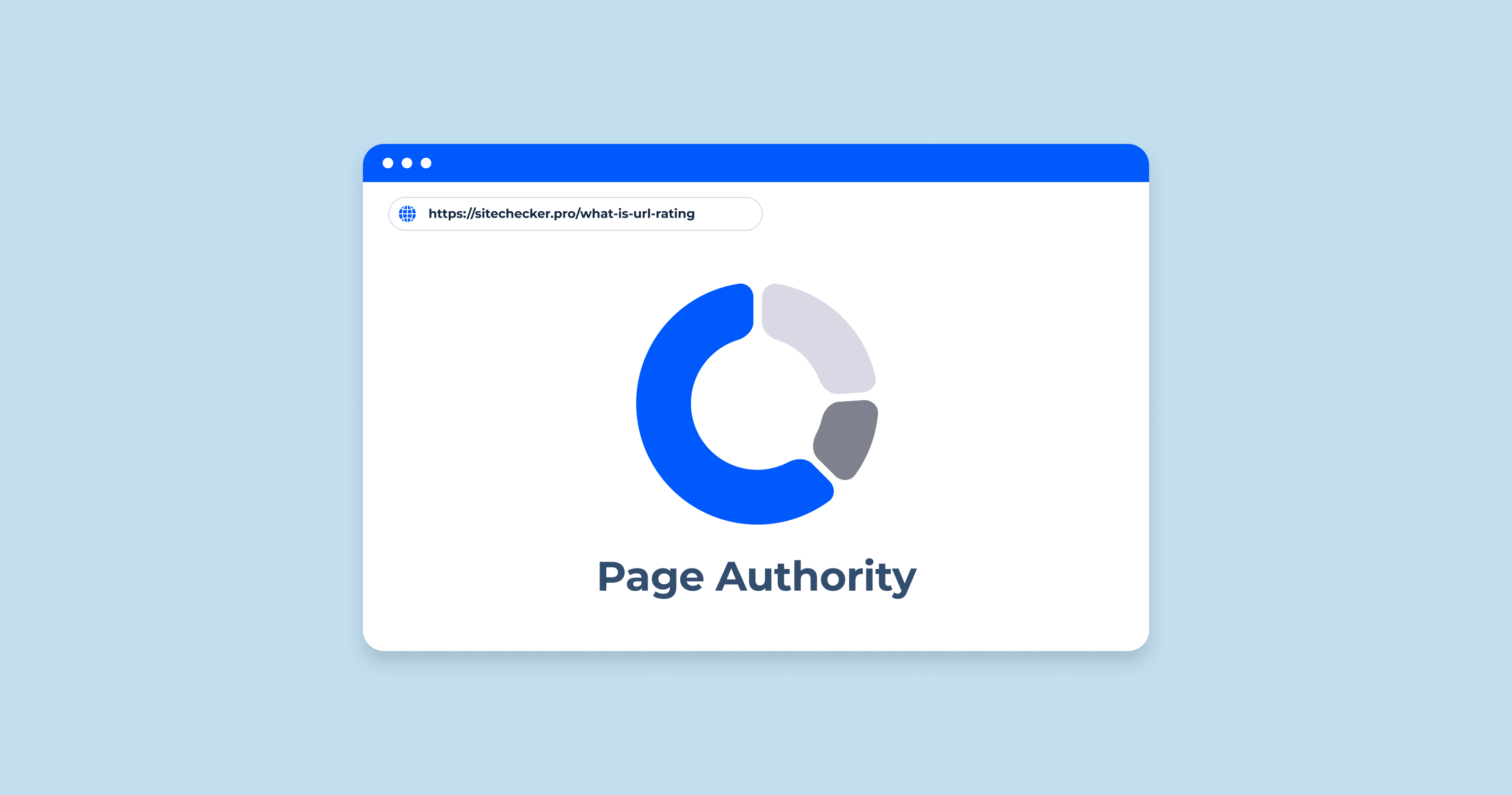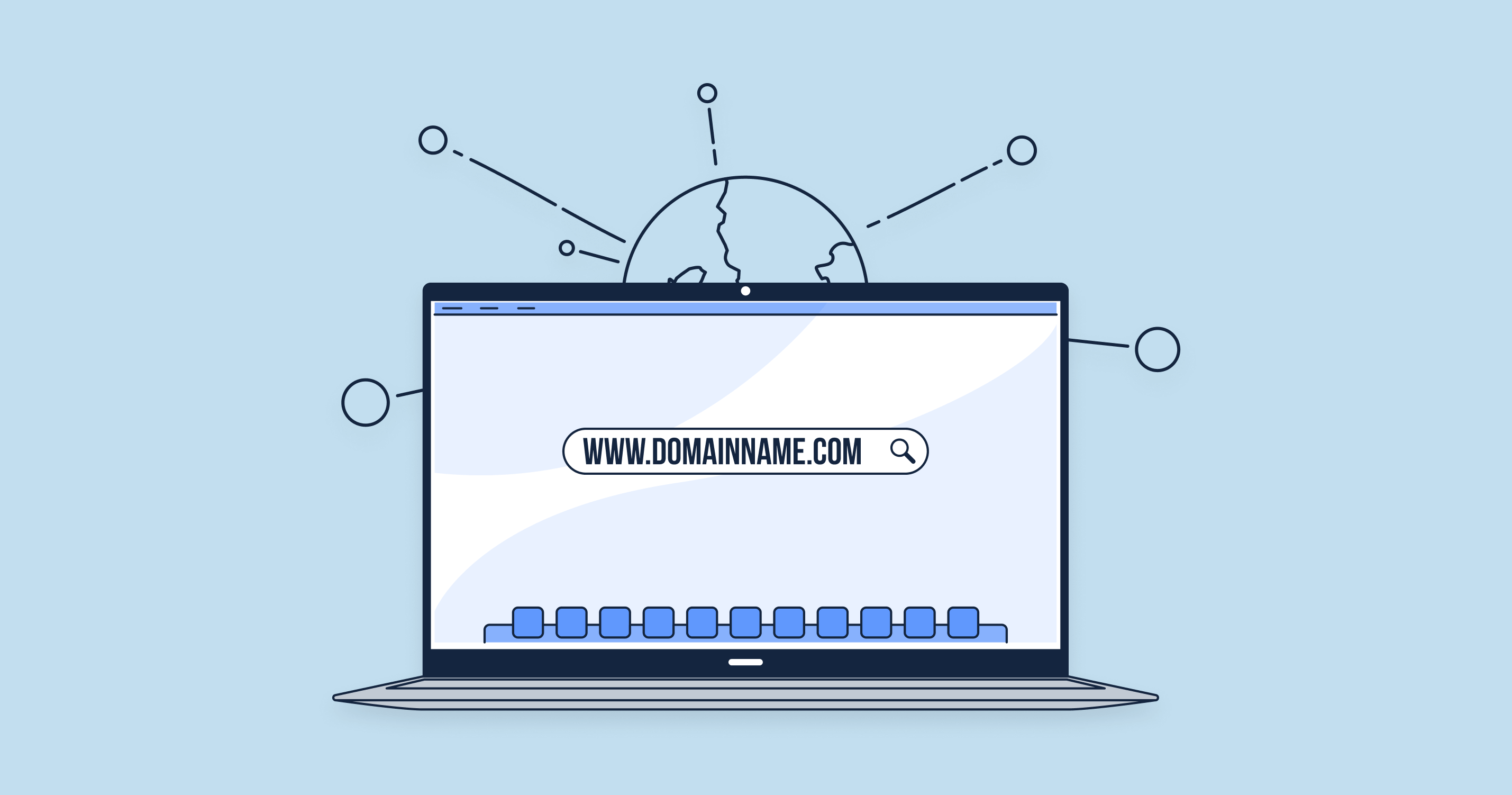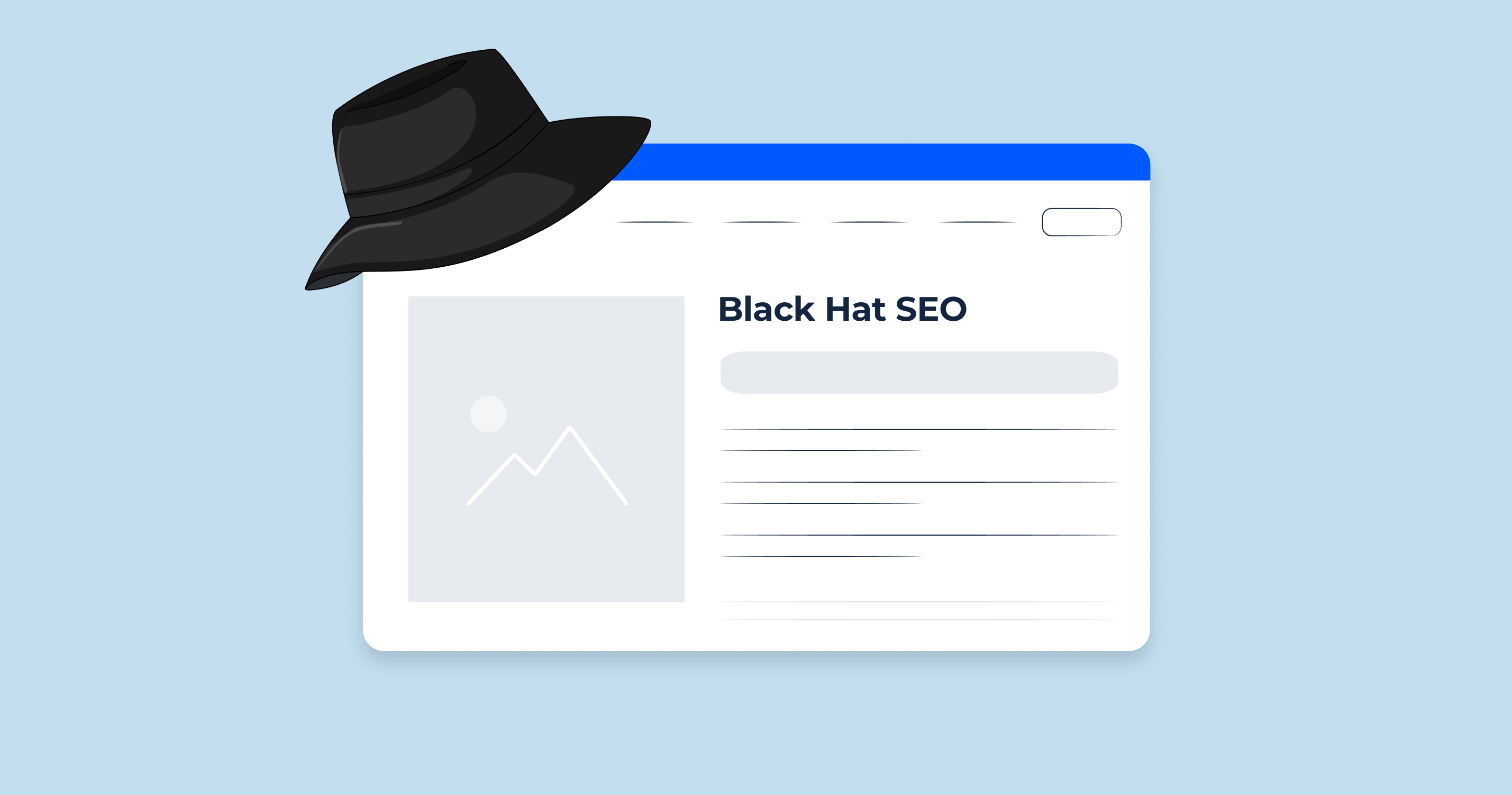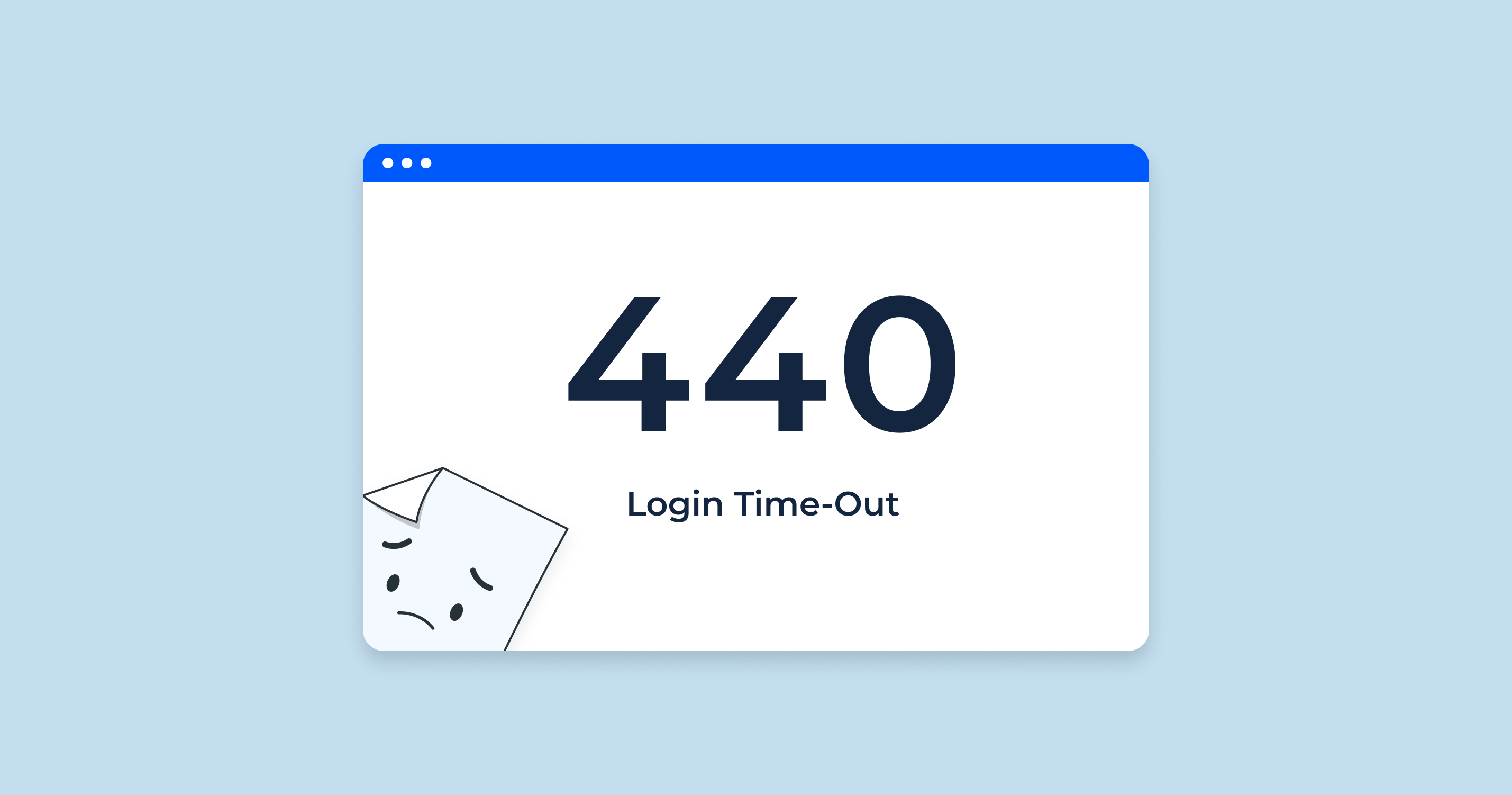Page Authority (PA) is a score developed by Moz that predicts how well a specific webpage will rank on search engine result pages (SERP). The score ranges from one to 100, with higher scores corresponding to a greater ability to rank.
Page Authority is based on data from the Mozscape web index and includes link counts, MozRank, MozTrust, and dozens of other factors. It uses a machine learning model to predictively find an algorithm that best correlates with rankings across the thousands of SERPs that Moz studies.
Like Domain Authority, Page Authority is a logarithmic scale, meaning it’s significantly easier to grow your score from 20 to 30 than growing from 70 to 80.
Remember, Page Authority is a relative metric, meaning that it’s most useful when comparing the scores of one webpage to another, rather than as an absolute value predicting ranking potential. It’s just one of many factors search engines consider in determining how to rank webpages.
The Logarithmic PA Score
The exact calculation is complex and not publicly disclosed in detail, as it involves numerous ranking factors and machine learning to continually adjust the model based on changes in Google’s algorithm.
The PA score is logarithmic, which means it’s easier to increase your score from 20 to 30 than from 70 to 80.
Moz had recently updated their Page Authority model to consider additional factors such as link patterns and a site’s Spam Score. This new model, known as PA 2.0, is designed to provide a more accurate prediction of a page’s ability to rank in search engine results.
Please note that while Page Authority can give you an idea of the potential for a webpage to rank based on its backlink profile, it’s not a guarantee.
Google uses hundreds of factors in its ranking algorithm, and the exact formula is a closely guarded secret. Using Page Authority as a comparative tool rather than an absolute measure of SEO success is best.
Factors of Low Page Authority
Low PA is typically attributed to a combination of factors such as poor quality or lack of inbound links to your page, a relatively new webpage, low-quality content, and ineffective internal linking. In addition, technical SEO issues, like slow page load times, lack of mobile optimization, misuse of tags, poor URL structure, or non-secure connections (HTTP instead of HTTPS), can also negatively impact your PA.
Google penalties for violating its guidelines (such as using black-hat SEO tactics or hosting spammy content) can also cause a drop in your PA. Lastly, although social signals aren’t a direct ranking factor for Google, lack of social sharing can indirectly affect PA, as pages that are shared and engaged with frequently on social media tend to earn more high-quality links.
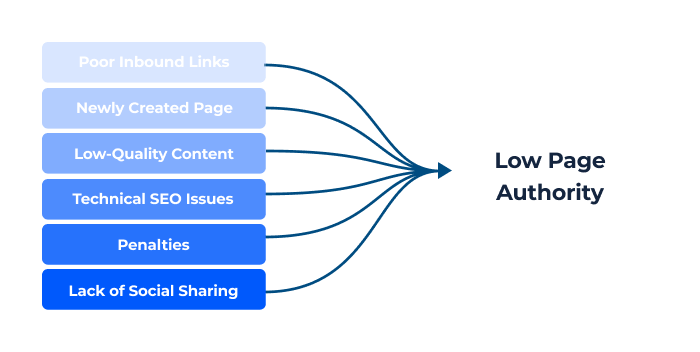
A comprehensive strategy involving high-quality content creation, SEO improvements, building high-quality links, and effective content promotion is recommended to boost your PA.
Building Page Authority (PA)
Improving PA revolves around improving your page’s SEO and link profile because it largely measures the quality and quantity of links pointing to a webpage.
Here are tips on how you can amplify your Page Authority:
- Masterful Content Creation. Content is the kingpin in the SEO world. Creating compelling, high-value content that appeals to your audience is the secret sauce for attracting valuable inbound links. When you become a reliable source of insightful information, other sites naturally want to send their users your way.
- Strategic Link Building. The art of securing high-quality backlinks takes time and finesse. It’s not about simply collecting links but about forming meaningful connections with reputable sites within your industry. Guest posting, sharing your thought-provoking infographics, and offering your expertise are great ways to inspire organic backlinks. Remember, quality always trumps quantity.
- Internal Linking. While the spotlight often shines on inbound links, the power of a well-planned internal linking structure should never be underestimated. By thoughtfully linking your webpages, you’ll ensure that your site’s authority is distributed evenly, enhancing the PA of your entire website over time.
- Fine-Tuned On-Page SEO. A well-optimized page serves as a welcoming beacon for search engines. A keyword-optimized title tag, a compelling meta description, proper header usage, and meaningful alt text are just the beginning. Every element on your webpage should work harmoniously to promote your targeted keywords.
- Elimination of Toxic Links. In the SEO landscape, not all links are created equal. Low-quality or spammy backlinks can do more harm than good, pulling down your PA. By using Google’s disavow tool, you can request Google to disregard these harmful links.
- Social Media. Social media isn’t just for selfies and food snaps. It’s a powerful platform for getting your content seen by a wider audience. More visibility often translates to more backlinks, giving a healthy boost to your PA.
- Solid Technical SEO Foundation. Behind every high-PA page is a strong technical SEO foundation. Speedy load times, mobile-responsive design, a logically organized structure, and a secure HTTPS connection make your site a pleasure to crawl for search engines and a joy to navigate for users.
Remember, SEO is a marathon, not a sprint. Building your PA is a game of patience, consistency, and continuously providing unmatched value to your audience.
Keep these tactics in your SEO arsenal, and your Page Authority will improve over time.
Manage PA with Page Authority Checker Tool
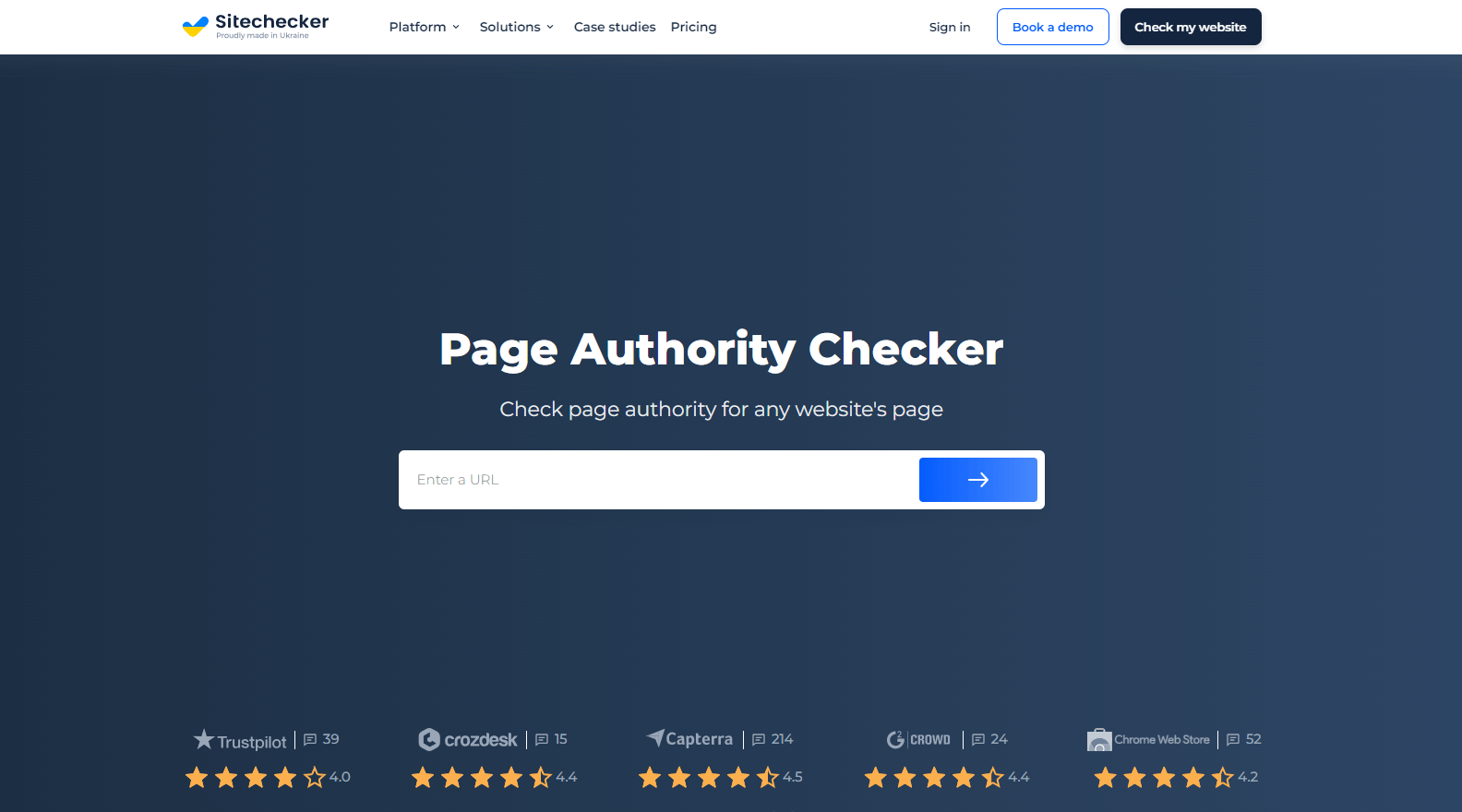
Page Authority Checker tool allows you to evaluate the PA of any webpage on your site, providing insights into its potential search engine ranking based on Moz’s proprietary metric.
The checker helps you track changes in your PA over time, a valuable way to gauge the effectiveness of your SEO efforts. The tool also provides a comparative lens to measure your PA against your competitors’, offering useful insights into your competitive standing and areas for improvement. If your PA score is low, the checker can help identify potential areas for improvement, such as the need for more high-quality inbound links.
Despite its utility, remember that SiteChecker Pro, like any tool, is most effective when integrated into a comprehensive SEO strategy, and PA is but one of many factors that influence search engine rankings.
Conclusion
Page Authority (PA) is a predictive score developed by Moz, ranging from 1 to 100, that indicates how well a specific webpage might rank on SERPs. PA is calculated using a complex algorithm encompassing numerous factors such as link counts, MozRank, MozTrust, among others, and applies machine learning for continuous model adjustment.
Importantly, PA should be used as a comparative tool rather than an absolute measure of SEO success.
Low PA can be attributed to a myriad of factors, including poor inbound links, a newly created webpage, low-quality content, poor internal linking, and technical SEO issues. Even social signals, though not a direct ranking factor, can indirectly impact PA. Therefore, elevating PA requires a comprehensive strategy involving high-quality content creation, SEO improvements, strategic link building, including internal links, and effective content promotion.
